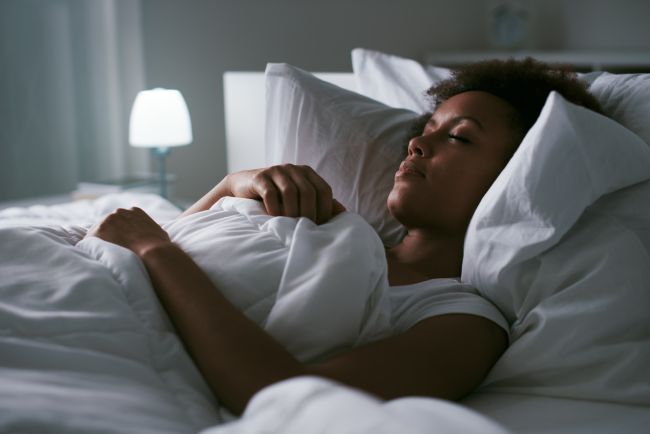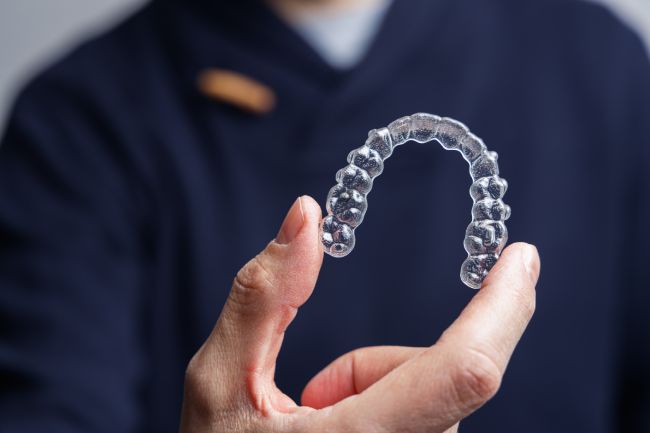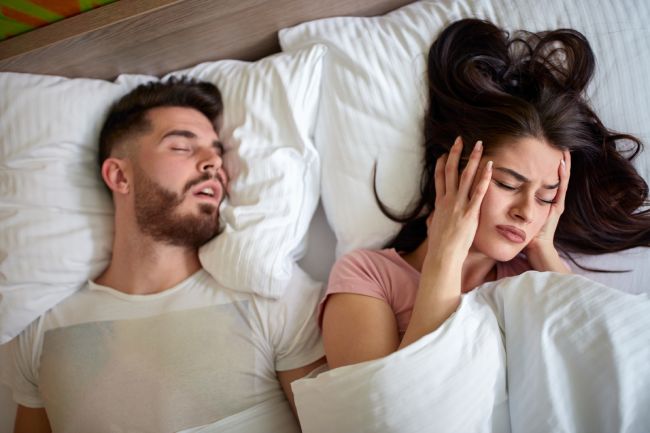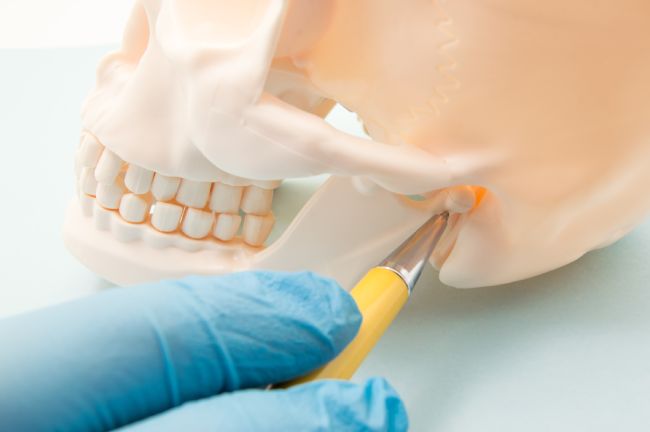McKenney Corner Dental
Dental Appliances
Dental appliances are commonly used by dentists to treat various dental problems. These appliances include retainers, night guards, sports mouth guards, and devices for snoring and sleep apnea. Dental appliances are often used in dental treatment plans; they can help to maintain your dental health over the short or long term.
Night Guards
If you grind or clench your teeth at night, night guards are recommended to protect your teeth from harm. While you can purchase boil and bite night guards from your pharmacy, a custom mouth guard is preferable as it is designed to fit your mouth perfectly. Custom guards are also made from materials chosen specifically to better withstand the pressure of your bite.
Retainers
Once you have completed your orthodontic treatment and your teeth are in perfect alignment, your dentist will advise wearing a retainer to keep your teeth in place. Retainers can be made of plastic or metal. To achieve the best results, we recommend wearing your retainer every night.
Sports Mouth Guards
An unexpected blow during contact sports can dislodge, break, or knock out your teeth. We recommend wearing a custom sports guard to protect your teeth from damage. Custom night guards are designed to fit your mouth perfectly, providing better protection than boil and bite guards and offering more comfort to the wearer.
Snoring Devices & Sleep Apnea Devices
Snoring may not only disturb your partner, but it can also cause serious health problems for you. If you are suffering from mild to moderate sleep apnea, your dentist may recommend the use of an oral device to alleviate the problem and help you get a peaceful night’s sleep.
TMD/TMJ Devices
If you clench your jaw tightly while sleeping, you may notice symptoms of temporomandibular joint disorder (TMD). These symptoms include pain in your jaw, face, neck, and ear. This condition often has a negative impact on mood and overall well-being, so it’s important to discuss the problem with your dentist.






